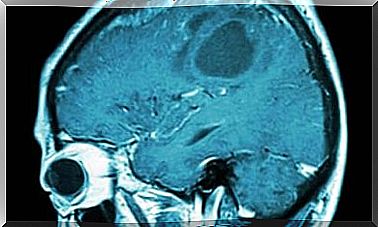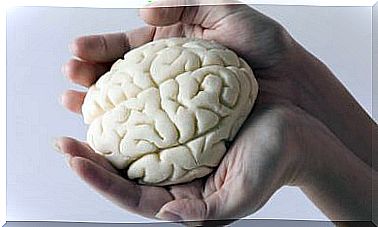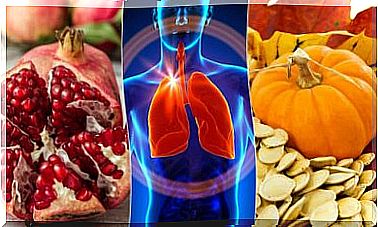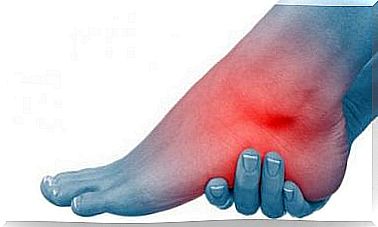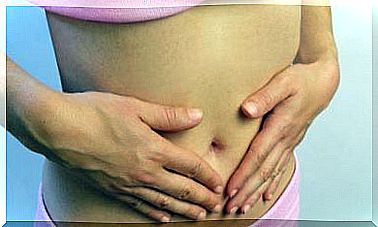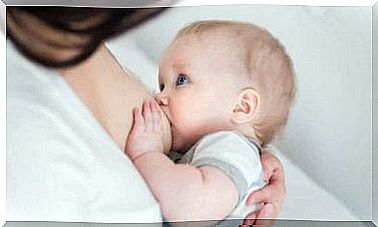Abdominal Pain In Children: 7 Natural Remedies
There are many factors that cause abdominal pain in babies and children. Usually there is nothing to worry about. We share here with you some tips to relieve them!
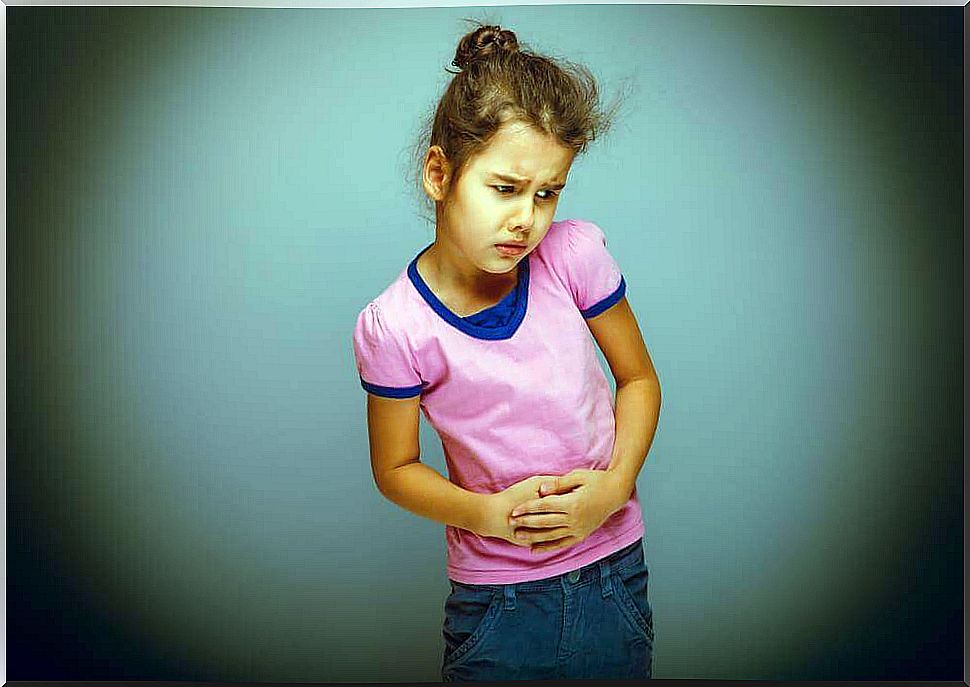
Usually, abdominal pain in children is pain that all parents have experienced at some time. These pains are concentrated in the stomach area but they can also affect any point located between the chest and the groin.
Although these ailments are common and generally not serious, in some cases these pains can be the warning signal for a more serious condition.
When it affects a child between the ages of 4 and 12, it will obviously be easier to help him because he is able to explain how he is feeling. However, if it concerns a baby or toddler, it will be necessary to analyze the symptoms to determine which is the best path to take.
- Widespread or localized pain in the middle of the abdomen may indicate a digestive problem, intestinal gas, or constipation.
- When the pain is related to emotional tension, it is localized in the area around the navel. Severe pain that comes and goes once or more times a month is usually caused by stress.
- Pain similar to cramps is usually caused by gas in the intestines. Your child is probably overeating by then. He may have diarrhea as well as a swollen stomach.
In all of the above cases, it is possible to resolve the situation with some home remedies. If your child has any of the following symptoms, they are likely to have an upset stomach:
- your child is irritable
- he climbs his legs towards the belly
- he eats less than usual
The following recommendations may work when abdominal pain is related to digestive issues or emotional issues.
1. Drink a hot infusion
Chamomile, mint, fennel and ginger infusions are widely recognized for their digestive and anti-inflammatory properties. These hot infusions then help calm the stomach.
In addition, the heat relaxes the muscles.
Hot infusions are contraindicated for babies.
2. Sleep on your side

Have your child sleep on their side: this position will help them release intestinal gas. With the ankles raised with the help of a pillow, this advice will be even more effective.
You can also place a warm blanket or a hot water bottle on her stomach.
3. Take a hot bath
Heat helps relieve tension. This is why hot infusions and hot baths are good options for an upset stomach.
So give your child a warm bath.
4. Take care of the diet
The perfect meal for kids with an upset stomach is classic chicken broth.
In addition to nourishing it, this broth will keep your child hydrated and relax their muscles.
5. Give a relaxing massage

Lay the child or baby on their back and massage them gently on the abdomen in clockwise circular motions.
You can use an essential oil for this massage.
Follow the digestive tract and exert light pressure.
6. Opt for reflexology
Reflexology is a massage technique for the feet. Even if it concerns the feet, this technique can relieve stomach aches in children.
- Catch your child’s left foot with your right hand.
- Then, apply even and continuous pressure to the arch area using your thumb.
- Apply light pressure forward and backward throughout the arc, still using your thumb.
- Repeat the operation several times.
7. Pedal
The exercise of mimicking the movement of the pedals of a bicycle helps to decongest the intestines.
Then ask your child to lie on his back so that he can lift his feet and imitate the action of pedaling.
If your child is still too young to do this exercise on his own, do it yourself.
If, despite all these tips, the abdominal pain does not subside and other symptoms develop, such as diarrhea, vomiting and cramps, see a doctor as soon as possible to prescribe adequate treatment.
When abdominal pain is localized to a single point, it can be a symptom of a more serious health problem. The appendix, the gall bladder, the intestines, the testes will undoubtedly be the main organs concerned. Dispel your doubts and see a doctor.


